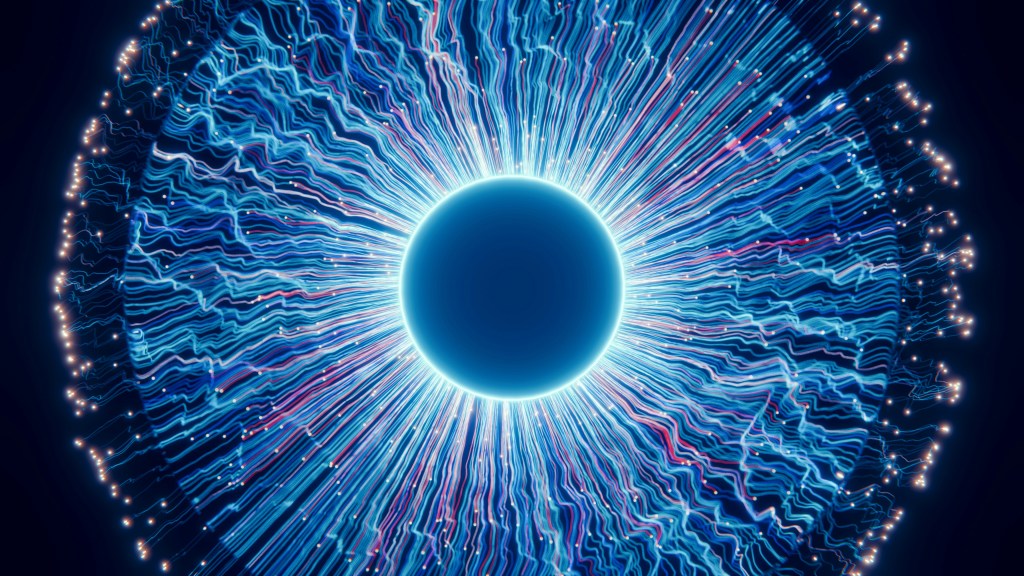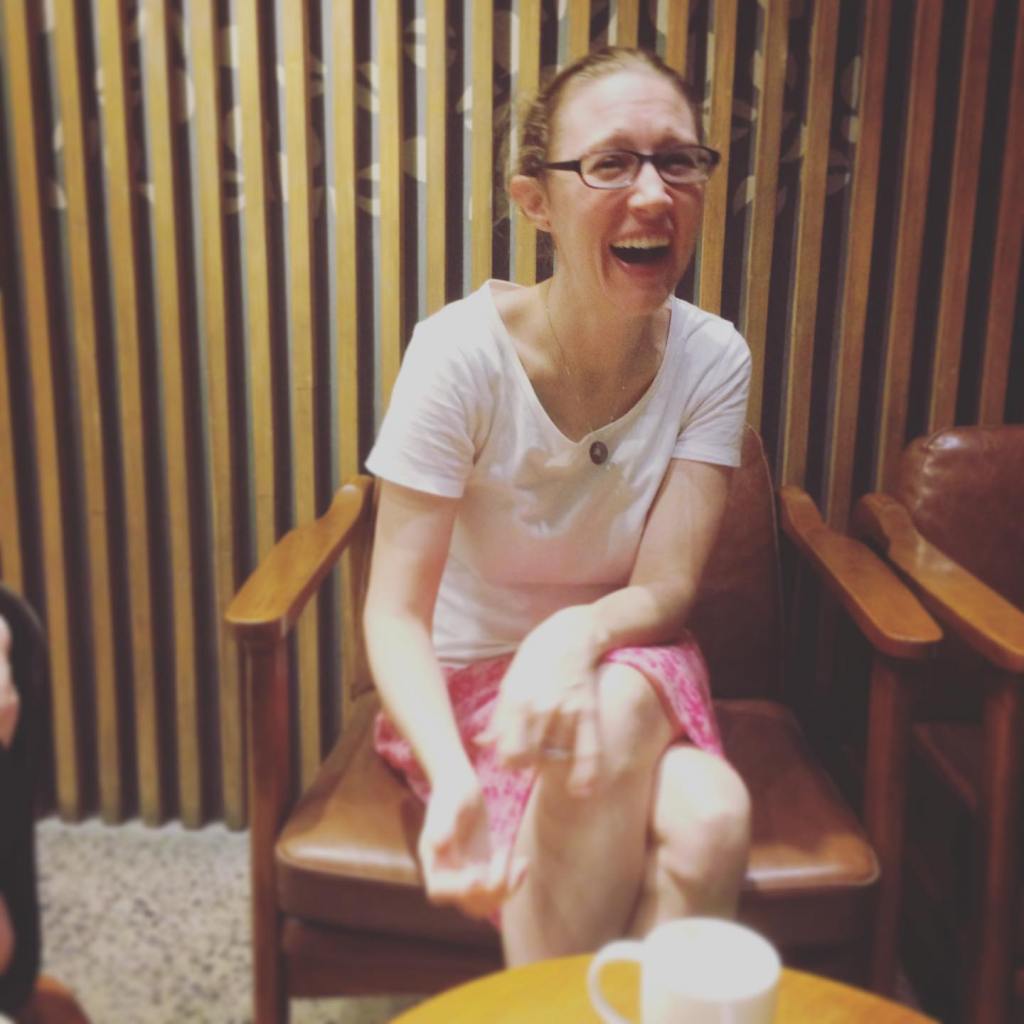
A year or two ago when I started hearing more about AI, my immediate reaction was fear. I’m anxious by nature, especially regarding technology, but this affected my livelihood. I feared I would lose my job to AI. No one was going to pay me to edit their work if a computer program could do it for them.
I thought to myself, These are the only skills I have! What am I going to do when I can’t get a job?! Fear about money and provision has plagued me much of my life.
As usual, I knew I was probably freaking out prematurely. I tried to quiet my amygdala and just keep going. I tried pretending like vocational Armageddon wasn’t just around the corner.
I leaned on my go-to statements of faith for dealing with money fears. I’ve got the Lord’s prayer—”Give us this day our daily bread.” I’ve got manna in the desert—God brings us what we need now, not for the future, and we don’t stock up because it will spoil. I’ve got decades of testimonies of the Lord providing jobs or clients or supporters just when we need them.
But I didn’t seem to be able to trust God when new technology was involved. It seemed too human-controlled, as though artificial intelligence were somehow out of God’s control.
Fast forward to today, and AI is still forging ahead. I’m not sure anyone really knows where it’s heading, but honestly, I no longer care. I decided that I was going to use the talents God had given me for as long as they were useful. If He sent me clients, I would serve them. If He gave me projects, I would tackle them. And if He gave me ideas, I would write them.
Now I think that not only will my profession (writing, editing, book coaching) survive, but that the main future for creativity is in faith-based writing and art. Faith-based writers aren’t looking for a shortcut. They’re looking for the Holy Spirit, and so are their readers.
They want to tell a true story about what God has done in their lives. They want to pass the peace of Christ to their readers. They want to tell stories of meaning and hope and purpose, and they want it to be their own personal words, based on their own experiences and their own inner life with God.
AI can never do that for them.
AI might be able to write news and business and economics and current events (albeit poorly at this point). But it can never tell of the transformation God has wrought in your heart. It can never touch the heart of God because it wasn’t made in the image of God. Only humans were made to reflect God’s heart back to Him. A computer program — even a large, sophisticated one — can never do that.
Part of the thrill of writing and even editing is participation with the Spirit. And part of the satisfaction in the creative process is the work God does in us when we wrestle with the words, with the stories, with the truths He wants us to tell. We honor God not only with our words, but by submitting to this process.
We draw near to God when we write and also when we hold space for other people’s writing. Somehow our words touch the Father’s heart. He is the Word, and we are His children after all. When we write, when we read other writers’ work, we walk on holy ground. And faithful Christian writers — and readers — still want to tread there.



